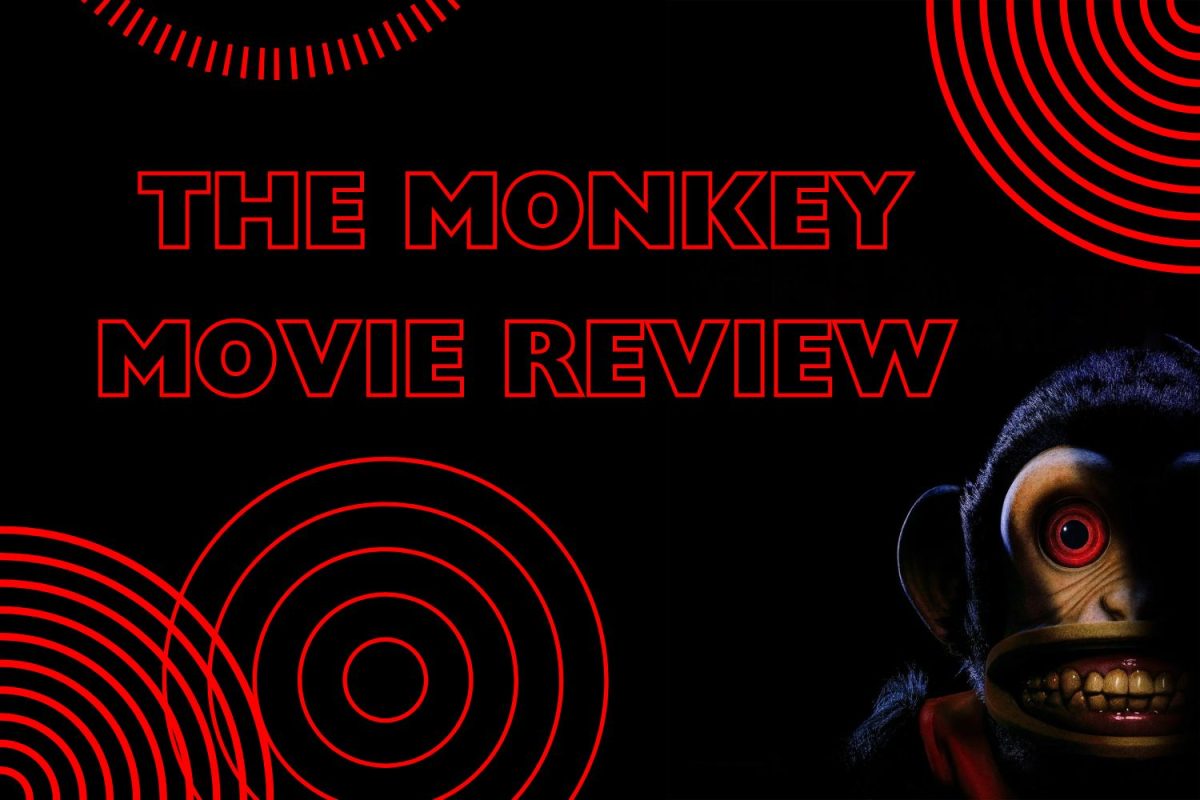Movies are released on the same date multiple times yearly, but nearly none have drawn the crowds that Christopher Nolan’s “Oppenheimer” and Greta Gerwig’s “Barbie” have. Being drastically different films, moviegoers have created memes and come up with many puns and jokes about the two tones of the films.
One piece of wordplay included combining the two movie titles, calling them “Barbenheimer.” Another now-viral trend insisted everyone should wear pink to the release of “Barbie,” while wearing dark and depressing clothes for the release of “Oppenheimer.” Other fans suggested people should spend the entire day at the cinema to see the double feature.
This brought enormous attention to these movies, with reporters asking stars from each movie what they thought about the viral trends surrounding the films.
All joking aside, both films blew up the way they did because the directors are excellent at their craft. Nolan’s movies have grossed over $5 billion worldwide and garnered 11 Oscars with 36 nominations. His movie “Dunkirk” was an Oscar nominee for Best Motion Picture of the Year and Best Achievement in Directing. He’s also responsible for the resurgence in popularity of Batman, with Christain Bale portraying Batman and Heath Ledger portraying the Joker in the first of Nolan’s renditions of the famous comic book series.
For Gerwig, her films have accumulated 89 Oscar nominations and 14 wins. Arguably, her most famous film is “Little Women.” The film was nominated for Best Adapted Screenplay and Best Director in 2020. With only a 40 million dollar budget, she directed a movie that grossed 218.9 million dollars—an insane achievement for a talented director.
Gerwig also directed “Lady Bird,” which was nominated for Best Screenplay in 2018 and won Best American Film at the 2019 Bodil Awards. With only four movies under her belt, Gerwig has proven she’s one of the best directors in modern cinema history.
Along with great directors, Nolan and Gerwig’s latest films have a star-studded cast. Cillian Murphy (J. Robert Oppenheimer), Florence Pugh (Jean Tatlock), Robert Downey Jr. (Lewis Strauss) and Emily Blunt (Kitty Oppenheimer) all star in Nolan’s “Oppenheimer.” Margot Robbie (conventional Barbie), Ryan Gosling (Ken), Issa Rae (President Barbie) and many more stars in Gerwig’s film. These big names attracted audiences to the theater to watch their favorite idols on the big screen.
This is why so many people showed up to watch the pair of movies. “Barbie” and “Oppenheimer” were successful because the people behind the projects clearly cared about their craft and the product being produced.
Despite all of this, “Oppenheimer” edges out “Barbie.” Murphy gave a brilliant performance in the film, from start to finish. We see the awkward man he was in college, and then he slowly turns into an ego-driven scientist during the midst of the Manhattan Project before returning to being a clumsy old man with his reputation on the line at the end of the movie.
What stood out the most about “Oppenheimer” was the ending of the film, which left a long-lasting impression on the audience. Wrapping up a three-hour movie is definitely tricky, but Nolan nailed it.
It was one of the most heart-racing things anyone could experience. Audience members watched Oppenheimer stand alone with his final vision of the world being wholly burned into flames, not literally but figuratively, because of the creation of the atomic bomb. That creation created an international arms race to see who could make a larger bomb.
Oppenheimer oversaw the first technological application of quantum physics, creating the pinnacle of destruction that could eventually lead to our doom. No one before him ever dreamed of creating a weapon that powerful; however, if not for him, someone else would have done it.
As the scene continued, there was a close-up of Oppenheimer’s face. For him, there was no coming back, no redemption, no salvation. The look on his face is horror and guilt — guilt he is not justified to have because he knew full well of the consequences and chose to build the bomb anyway. He had to live with that for the rest of his life, and the film makes it clear he knew creating the most destructive weapon in history meant his legacy would be a deadly one.
As the camera focuses on his face of dread, we see images of a world on fire and bombs blasting into the air. The soundtrack, created by Ludwig Göransson, blares louder and louder as these images flash across the screen. Suddenly, we get one last look at Oppenheimer as he closes his eyes, then silence. The theater goes black, and the credits start to roll.
The last line of dialogue perfectly encapsulates the entire film. Albert Einstein (Tony Conti) and Oppenheimer were having a conversation about setting off a chain reaction that would set the world on fire.
“I believe we did” is the final line spoken in the entire film by the man who put the U.S. on this path in the first place. Although no country has yet to drop another atomic bomb, Oppenheimer’s invention and concerns at the end of the film serve as an allegory for the current state of America.
In modern times, we are dealing with the ramifications of man’s unchecked technological advances daily: record temperatures, deadly wildfires, rising sea levels and hurricanes that seem to get stronger and stronger each season. We’re also living in a world where rich people have more influence than ever. All of this happened because one man decided to “play God.”
In my opinion, Nolan does not make the audience sympathize with Oppenheimer; his actions throughout the film are neither humane nor justified. The ending perfectly sums up a fantastic movie led by Murphy and only adds to the legacy of Nolan.
While “Barbie” is a fantastic film that has grossed over one billion dollars, the severe tone and engaging acting in “Oppenheimer” surpasses the Barbie Dreamhouse. With Nolan’s top-tier direction and Murphy’s talents, we are left with one of the best biopics of all time.










